When you run a mental health clinic, you need to have the right HIPAA-compliant practices in place at all times. Beyond regulations and legal requirements, taking care of your patients requires that you keep things confidential and secure at all times. HIPAA-compliant practices are required throughout your clinic in nearly every aspect of the daily interactions that you have with patients and their charts.
When you are looking at ways to make your mental health clinic better and more secure, you need to consider every aspect of your daily workflows and patient care practices. There might be many places that you can improve, and this guide will help you to identify places where you can improve.
Things to do to Comply More Closely With HIPAA
HIPAA is not optional, and all care locations that see patients, as well as those that just handle paperwork and don’t see the public, need to comply with HIPAA regulations and requirements. These rules are not as complex as you might think, assuming that your clinic is set up properly. Having quality technology in place and consistent training and information for staff will help to keep your clinic from making errors and will allow your patients to feel safe and secure in your care.
1. HIPAA-Compliant Phones
A HIPAA-compliant phone service can make all the difference when it comes to providing quality care to your patients. You need to be certain that your communications are safe and protected and that patients can feel safe to talk to you about their needs. Your phone system is one of the main means of communication that you have with patients and their family members, as well as external clinics and outside entities that are associated with your care processes.
Phones that are fully compliant with HIPAA are essential for your business, and you cannot shirk your duties to your patients on this front. Don’t cut corners when it comes to communication to ensure that your clinic will function well and safely all day long.
2. Ensure That Work Spaces Are Private
Doctors and nurses who are making chart notes need to have workspaces that are not visible to the public. If you have shared hallways or spaces where patients pass through the office ,you should avoid having computers or other documentation placed in this part of the office. If you must have computers or workstations in the hallways that patients pass through, you need to use privacy screens to ensure that patients cannot see other patients’ notes and charts.
The ideal situation would be to have office spaces at the back of the clinic where doctors and nurses make notes. You might still have to protect screens in the front office or reception area, but moving the rest of the staff away from the public can provide an essential layer of added protection for patient privacy.
3. Use Best Practices When Communicating With Patients
When you need to speak with patients, be sure that you and your staff are using the right guidelines to direct these interactions. Always verify your patients, and always be sure that you check if they can have others on the phone with them if they wish. You cannot share private health information with anyone else unless there is the proper documentation on file in some cases, or a verbal release in others.
https://www.pexels.com/photo/doctor-checking-the-heart-of-a-woman-5214992/
4. Ensure That Treatment Rooms Are Private
When it comes to mental health treatment, you cannot provide care in an open space where others can hear the things that are discussed with patients. Being sure that your treatment rooms are quiet and have doors that are kept closed is a HIPAA requirement, and one that is totally attainable with the right preparation. Make sure that your treatment staff close doors behind them and make certain that patients are not wandering from room to room for any reason to maintain privacy in treatment rooms.
5. Designate a HIPAA Privacy Officer
Having a privacy officer can be very helpful when it comes to managing upgrades and improvements to your HIPAA practices in your clinic. This person will develop and help implement the HIPAA procedures in your office. This person should work closely with the training staff to make sure that everyone knows how to handle both complex and simple HIPAA considerations and workflows.
Be sure that you are conducting regular training and staff meetings about HIPAA, and be sure to allow staff to notify you right away if there is a suspected HIPAA issue that has taken place. Having an open-door policy can help to contain possible breaches and prevent mistakes from being made.
6. Conduct Risk Assessments
You need to be sure that you are checking on the status of HIPAA compliance in your clinic on a regular basis. It can be easy to forget to handle things with HIPAA in mind, and sometimes staff just get overwhelmed and start slacking off on these procedures. Identifying possible breaches and problems early helps protect large numbers of patients, and it can also help get the people not following the rules trained or refreshed on best practices.
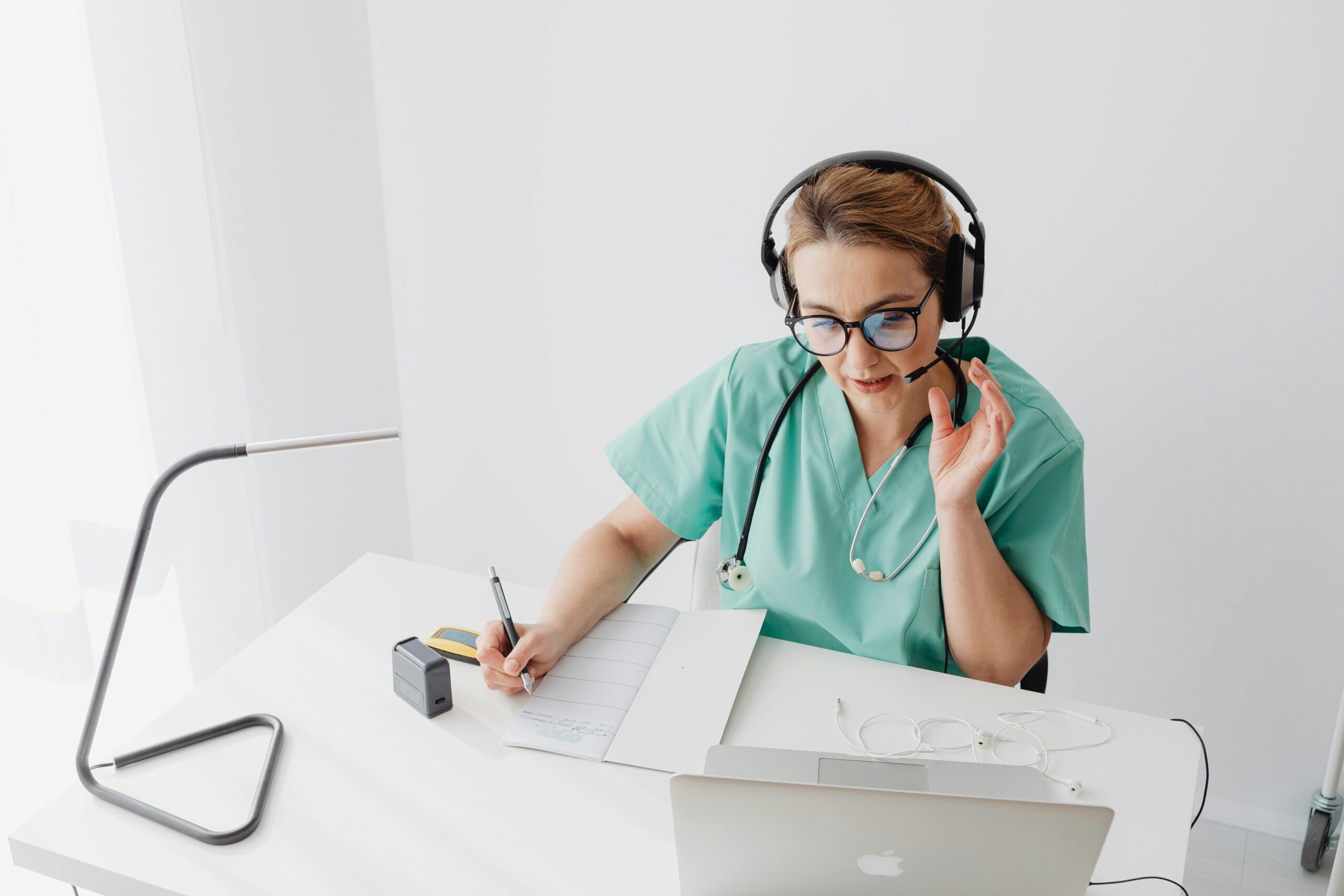
Handling HIAA Correctly is Important for Your clinic and your staff
Your mental health clinic cannot afford to disregard HIPAA best practices. You need to follow all of the rules related to HIPAA at all times, no matter what. Between better education and improvements to your phone system and technology, you can ensure that your patients’ personal and private information is safe and secure at all times.
Make sure that you have a privacy officer who is in charge of the process of taking care of education and working with HR. This essential role can help you and your staff to stay on track with ease due to the added oversight. Everyone in your office needs to cooperate to maintain HIPAA compliance, but this guide will help you to get the right practices in place to ensure that everyone can do their job.

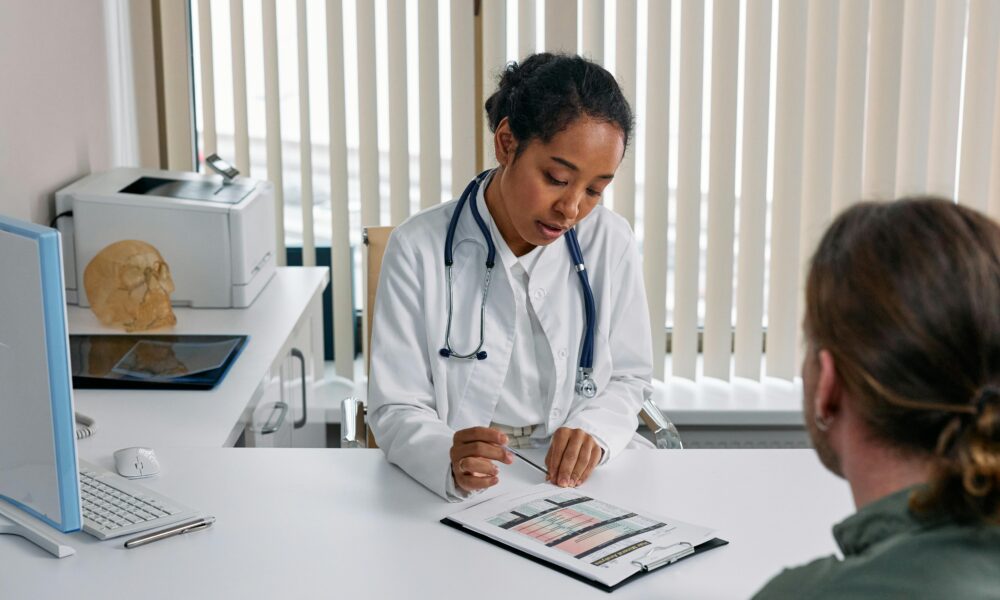
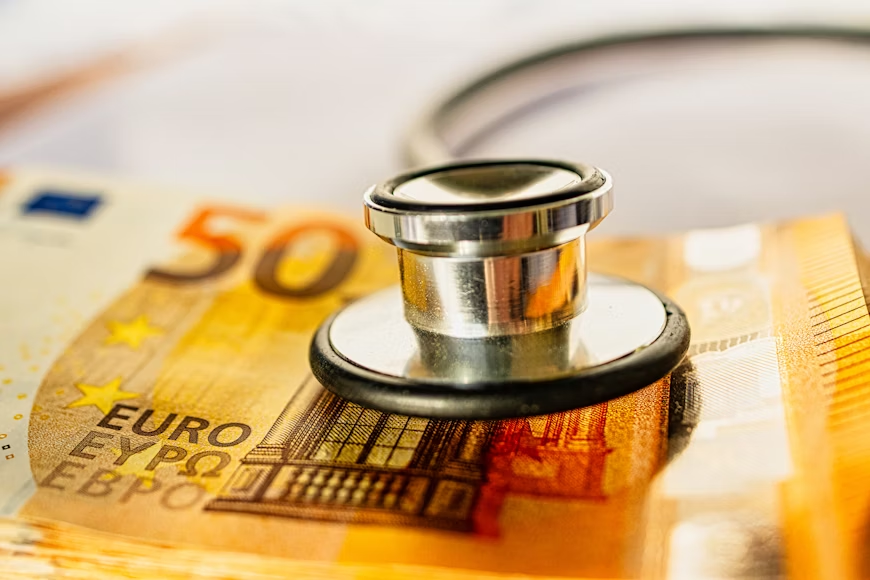


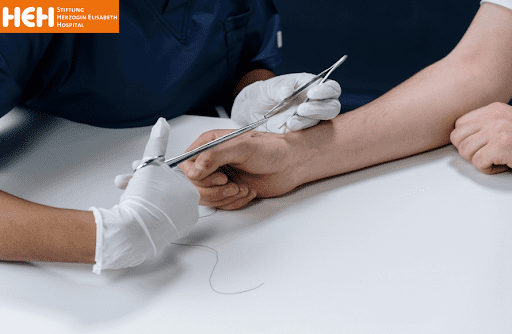

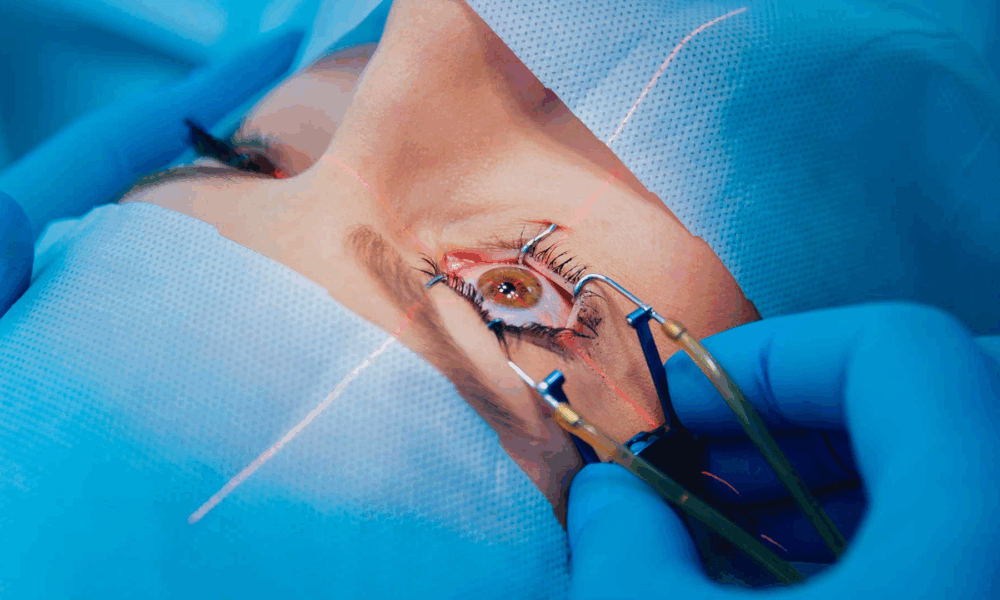


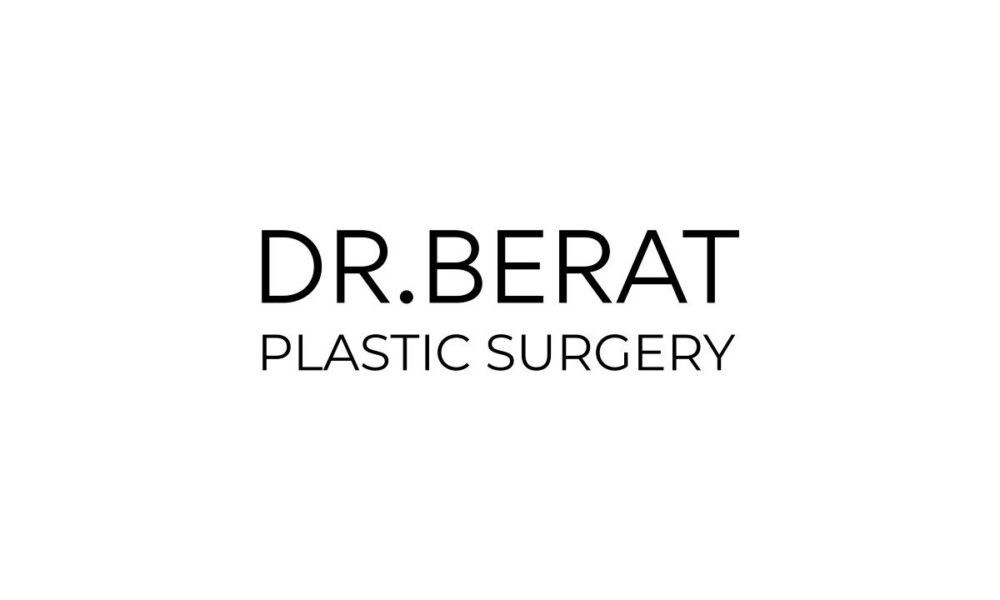

Leave a Reply